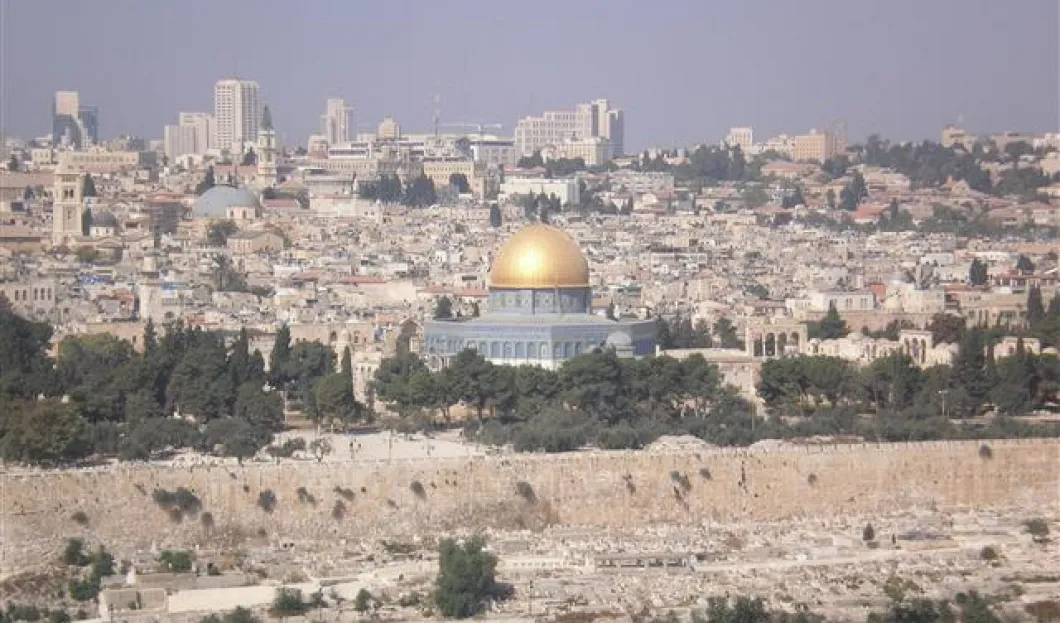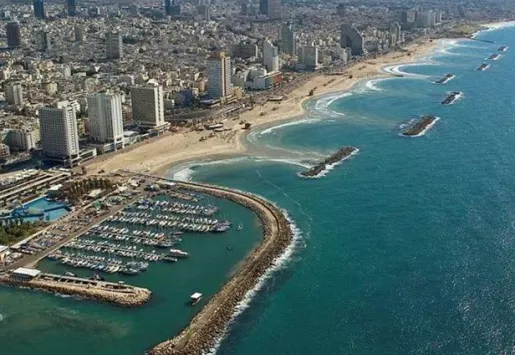
Israeli tourism industry suffered damages worth $1.8 billion during the recent Gaza Operation. Emergency meetings are being held by tourism industry leaders to assess the damage. It is estimated that the Pillar of Defense Operation has resulted in cancellation by almost 300,000 tourists.
To minimize the effects of this damage, great efforts are being made to salvage the winter tourism season. Last week emergency meeting was held by tourism industry leaders, Noaz Bar-Nir – the director-general of tourism Ministry, and Stas Misezhnikov – the tourism minister.
European charter airlines, most of them from the Scandinavian countries were canceled in large numbers. The operation badly affected Eilat, since direct flights to Eilat from Denmark and Sweden were canceled. Direct flights were also canceled from other countries including the Netherlands. Local hotels have reported cancellation of conventions during the Operation.
A request to treasury for the amount of $2 million (NIS 8 million) has been made by the Tourism Ministry. It will be used to salvage the winter tourism season. It is expected to help marketing efforts that will be used to get tourism flights from Europe to Eilat continue during this period.
There is also expectation by the Tourism Ministry officials that many tourists have just rescheduled their visits and with proper marketing efforts they can be convinced to visit now.
Bar-Ni has said that while most of the damages will be noticed between November-January, the damages may be felt even during February-May. He promised that all efforts are being made to get back the tourists who canceled their visits.
In a weekend meeting, the decisions included convincing major travel agents, mostly from Europe, to get as many tourists to the Israel as possible in the near future. Most of the tourism cancellations were from Russia and Germany that make up 17% and 7% respectively of the tourism visits to Israel by foreigners.
New tourist bookings were also halted because of the Operation and this may affect the projected continuous tourism growth to Israel reported during recent years. The growth was mainly because of political crisis in neighboring countries and extensive marketing by the Israeli tourism industry.
An 8% tourism increase was reported in this year's first ten months when almost 3,000,000 tourists visited the country. Tourism forecasters were predicting the record numbers to increase further; however, that is unlikely to happen now.
Participants also agreed during the meeting to increase their marketing efforts in the coming 3 months. They want to directly market to the tourists themselves - the "end users", especially to the tourists from Russia and the US. It was also decided to increase the Internet activity.
Marketing efforts will also try to convince Israeli tourists to visit the southern region. It is expected that with these efforts most of the tourists who are undecided yet can be convinced to visit Israel in the near future.













